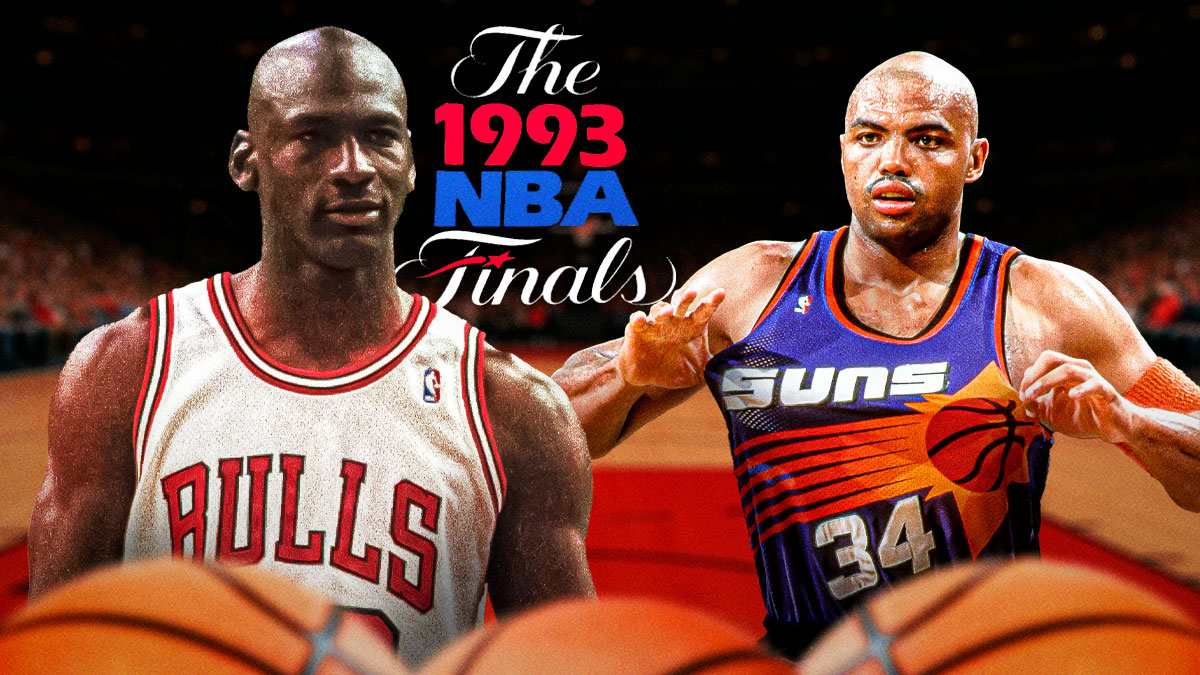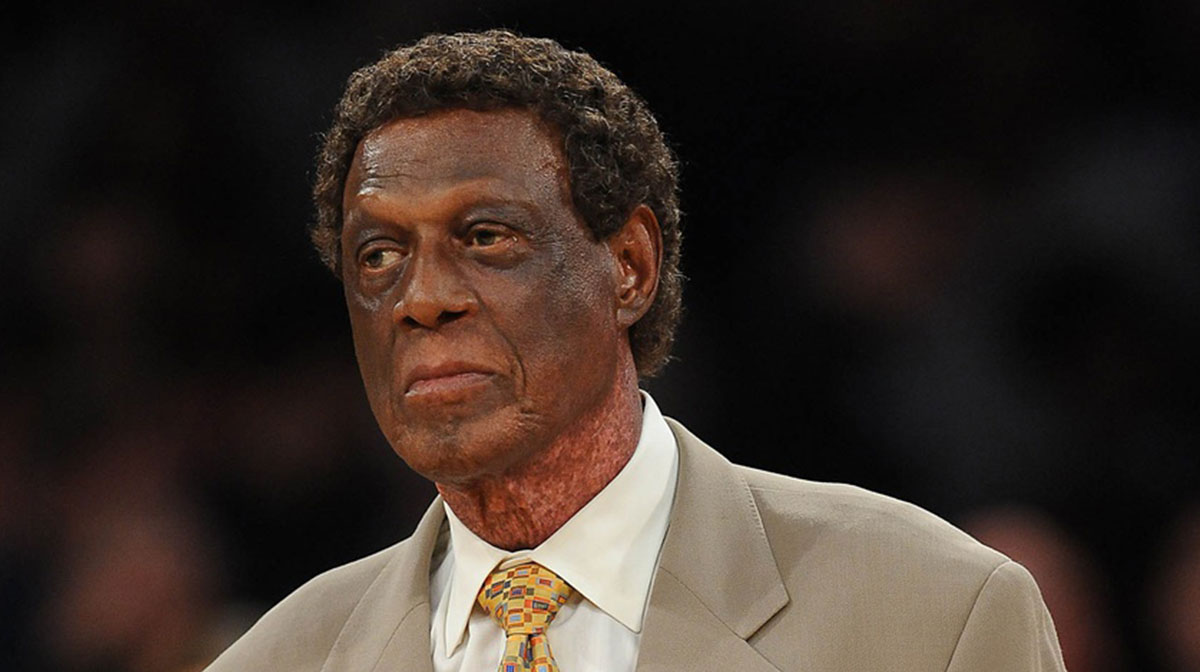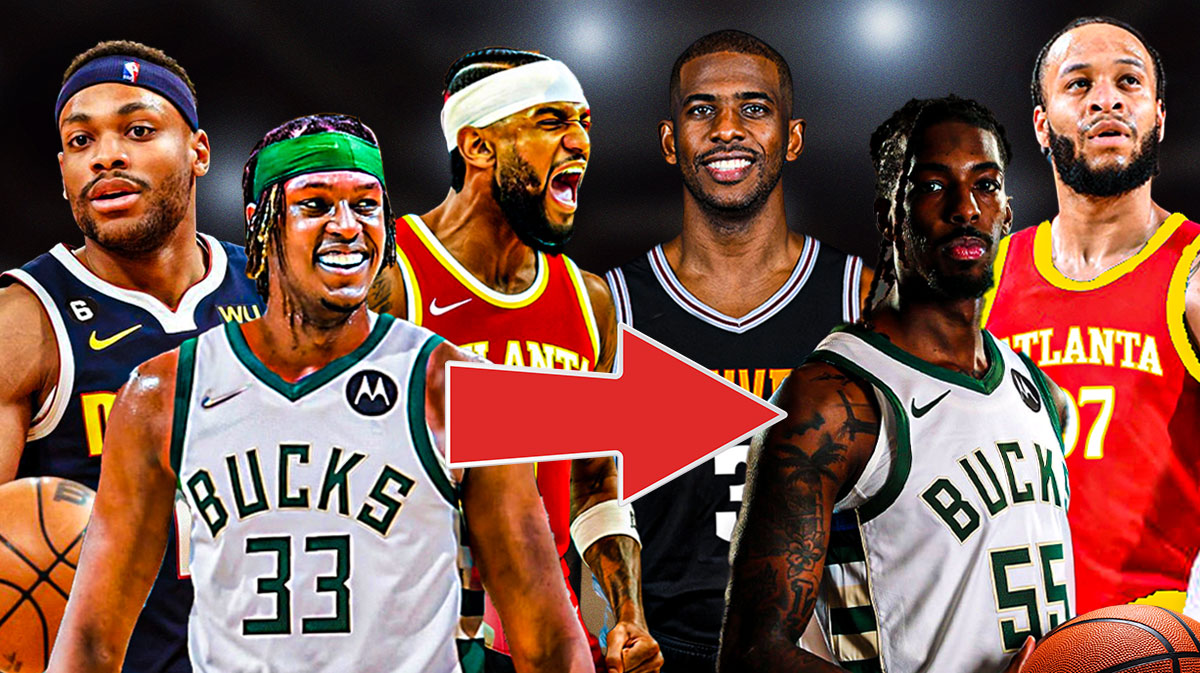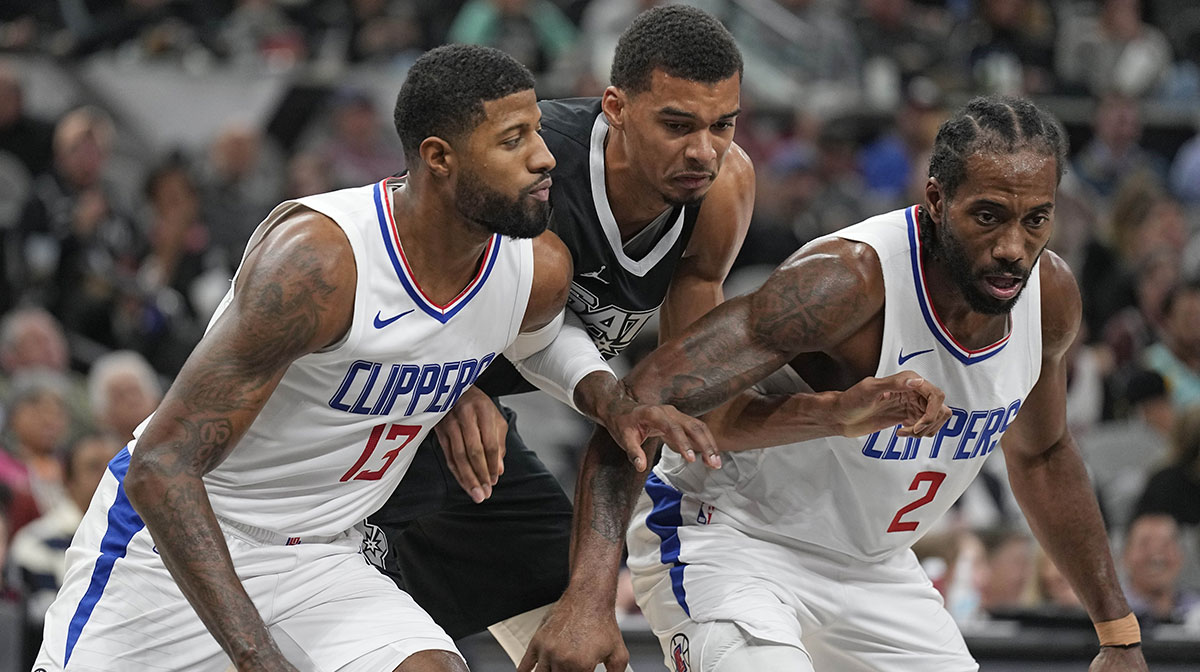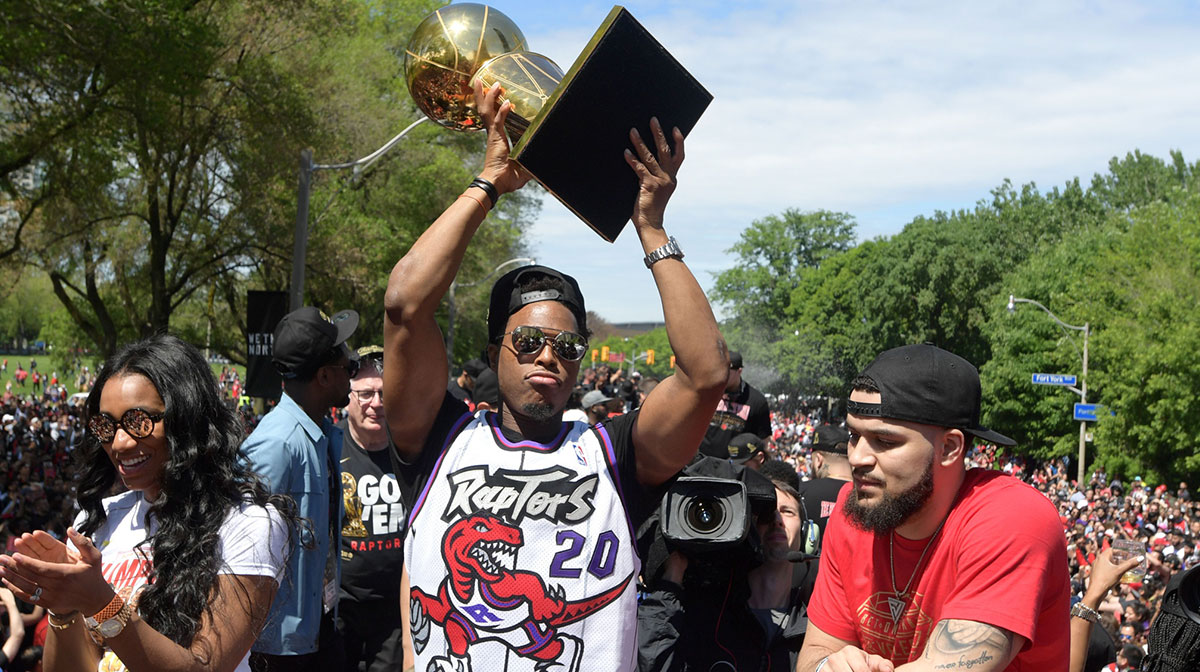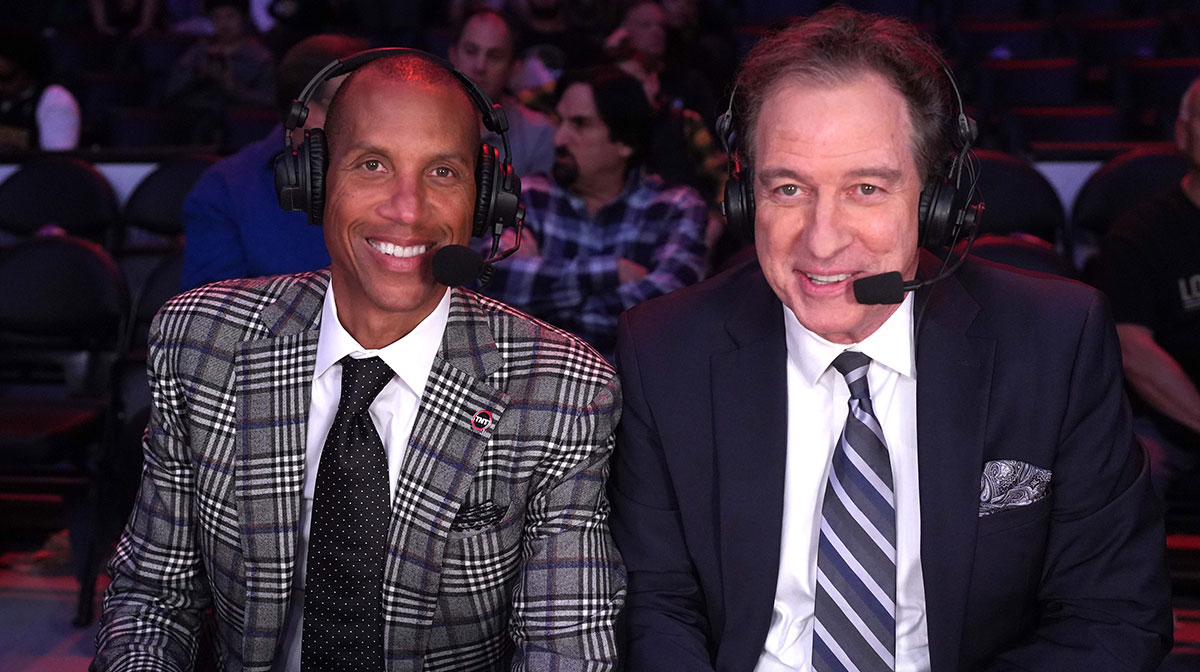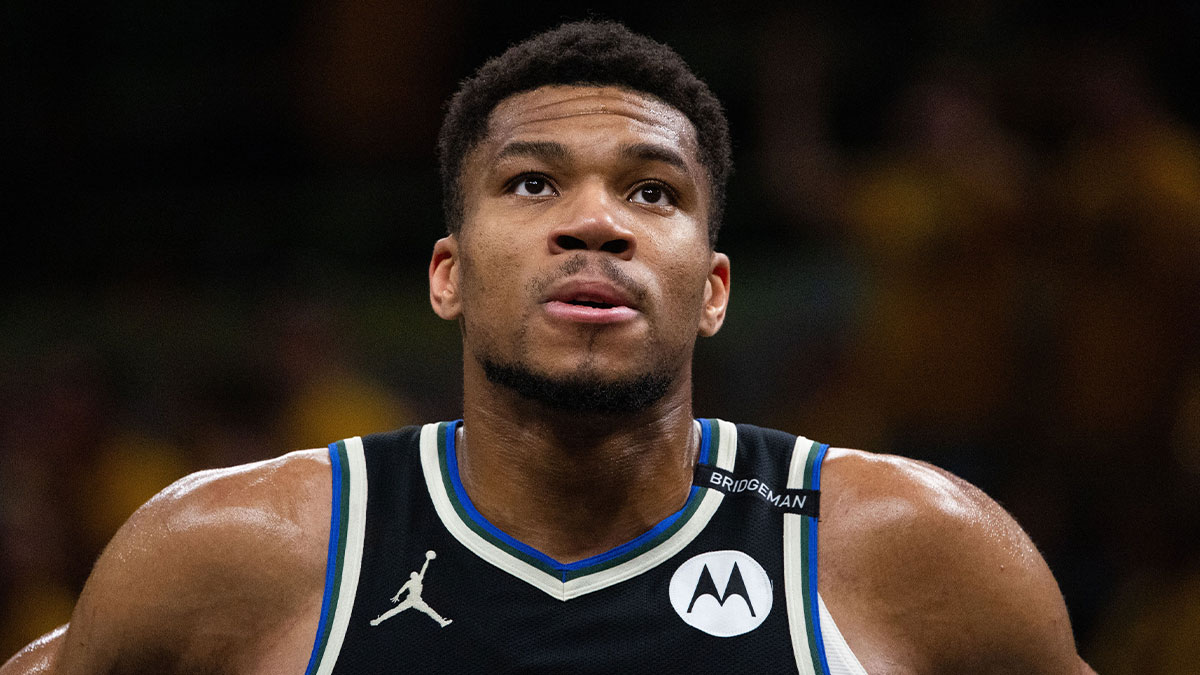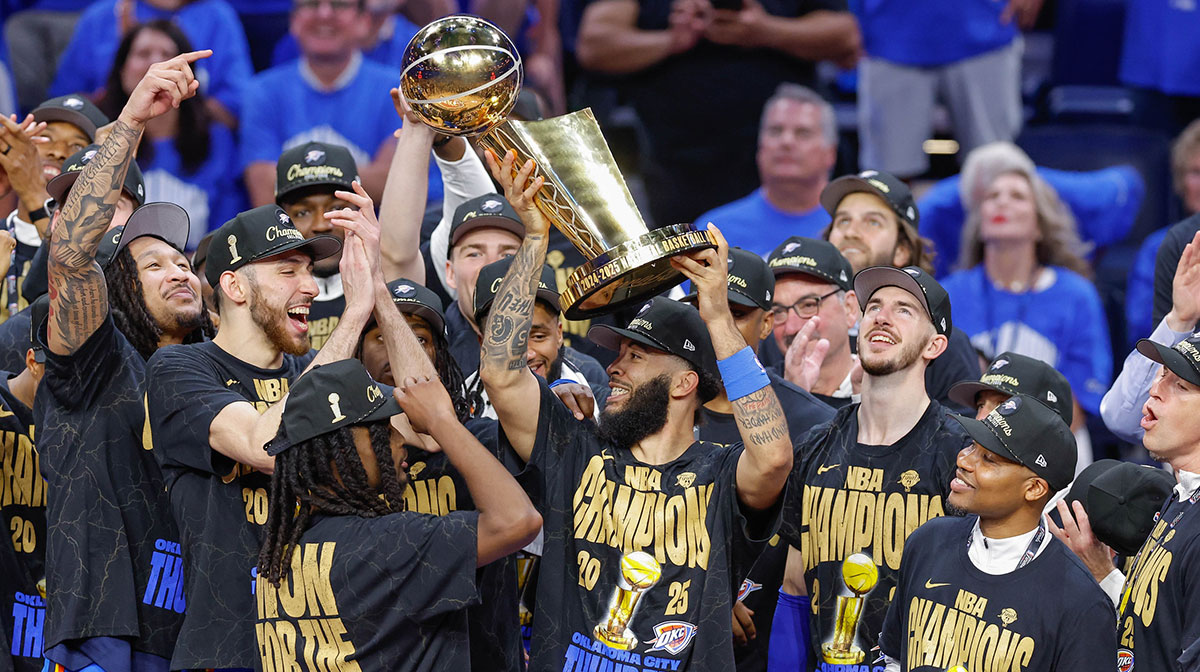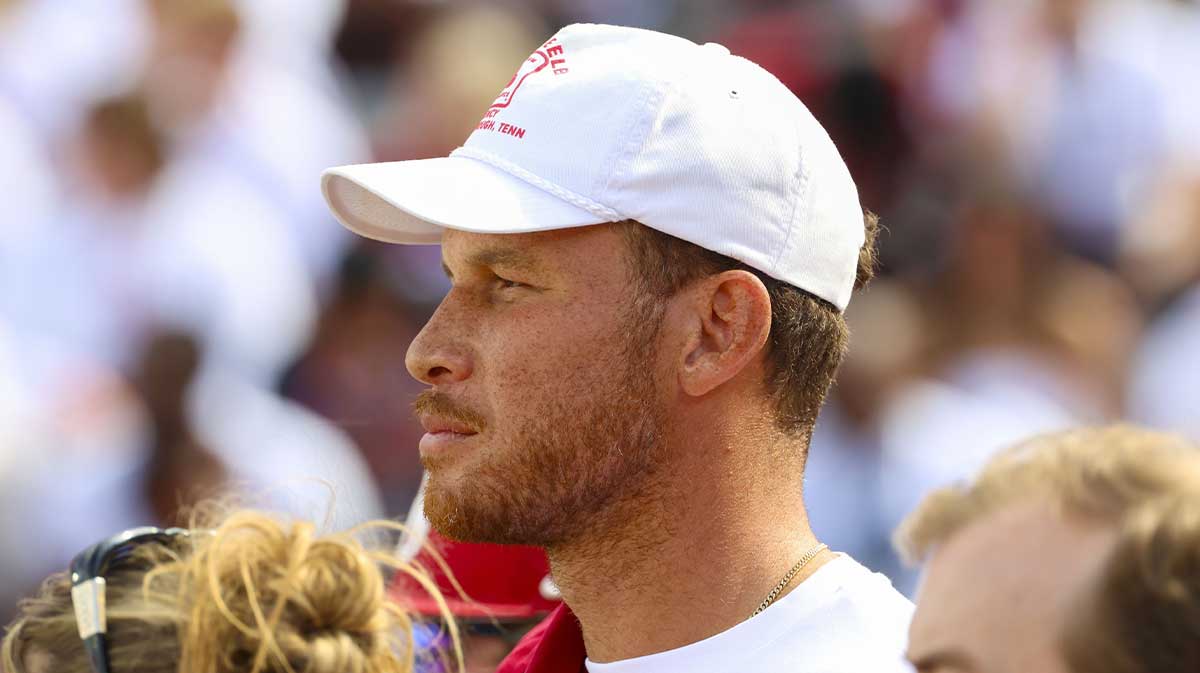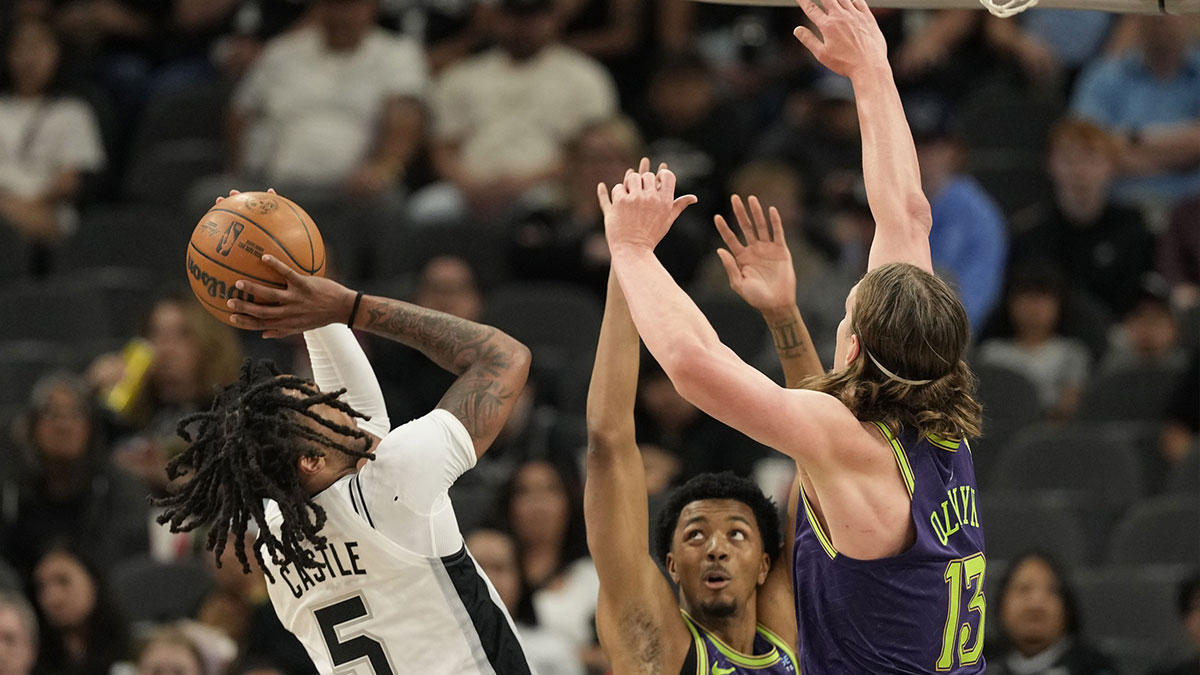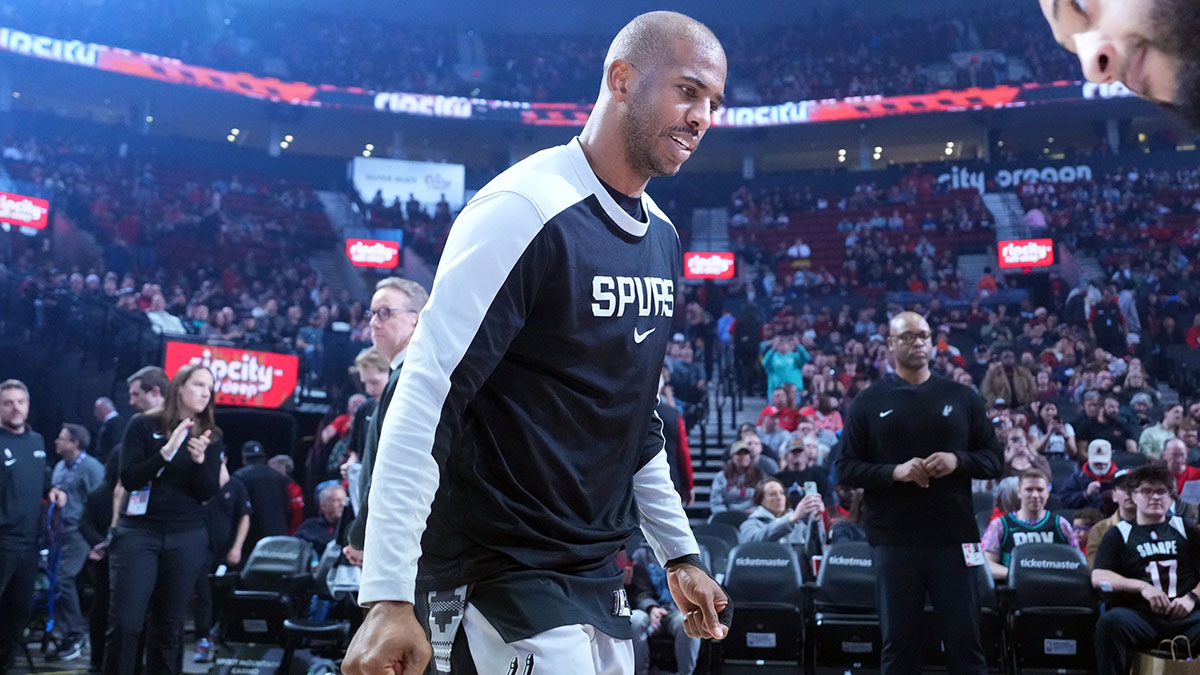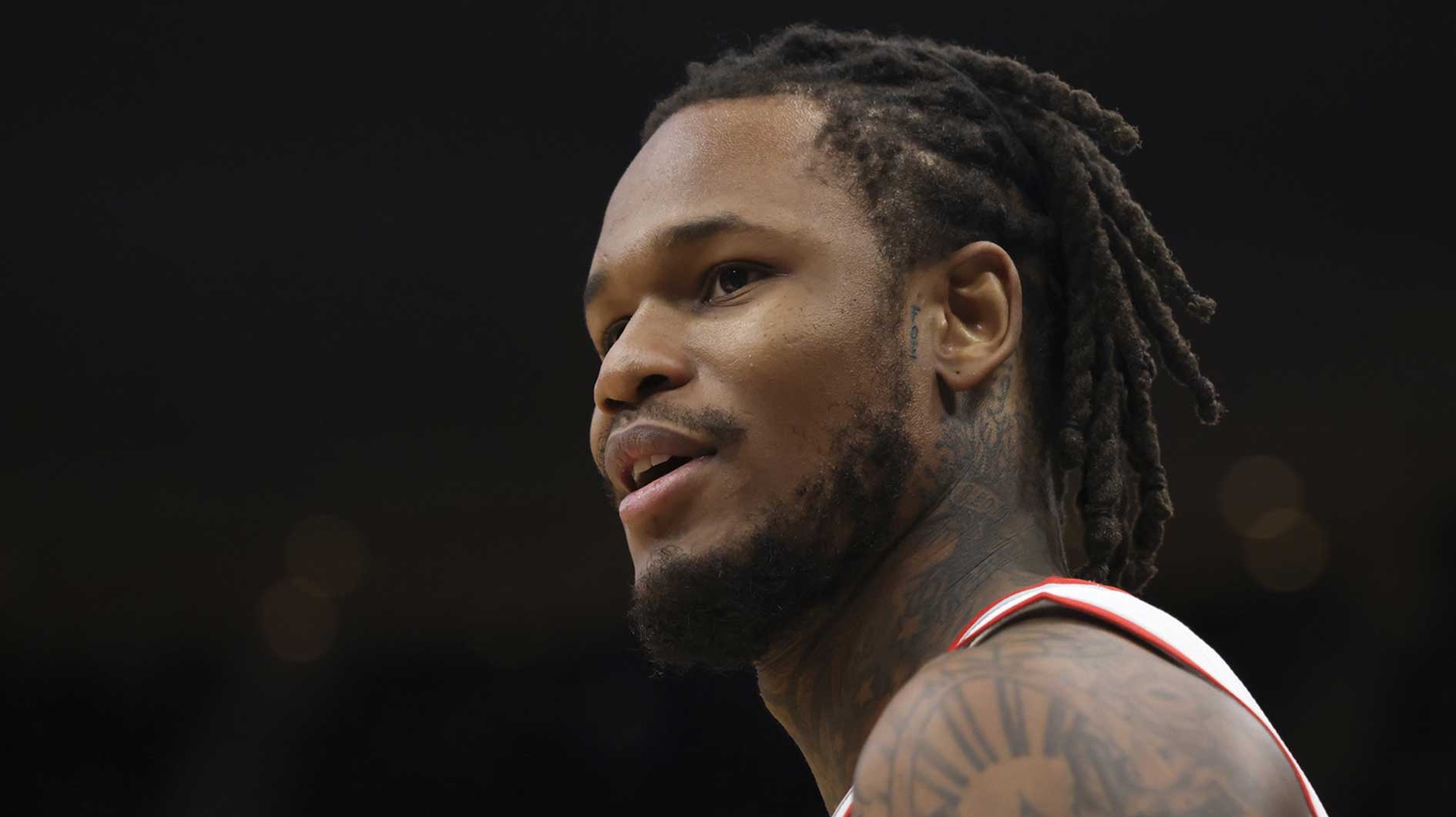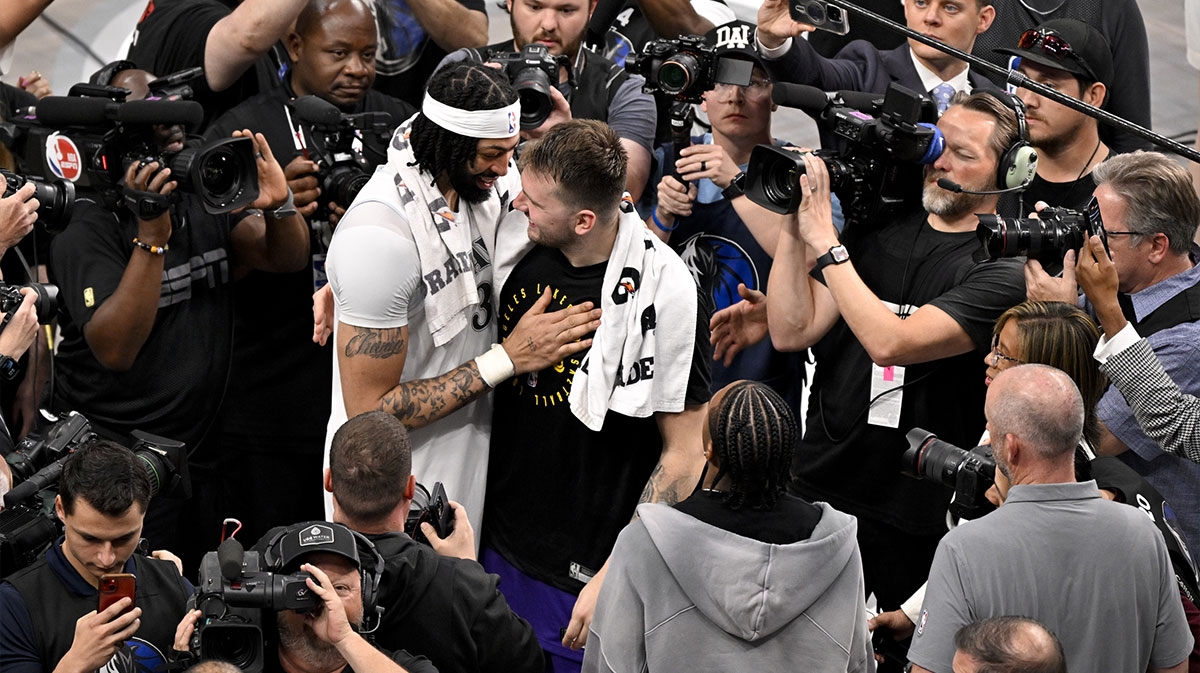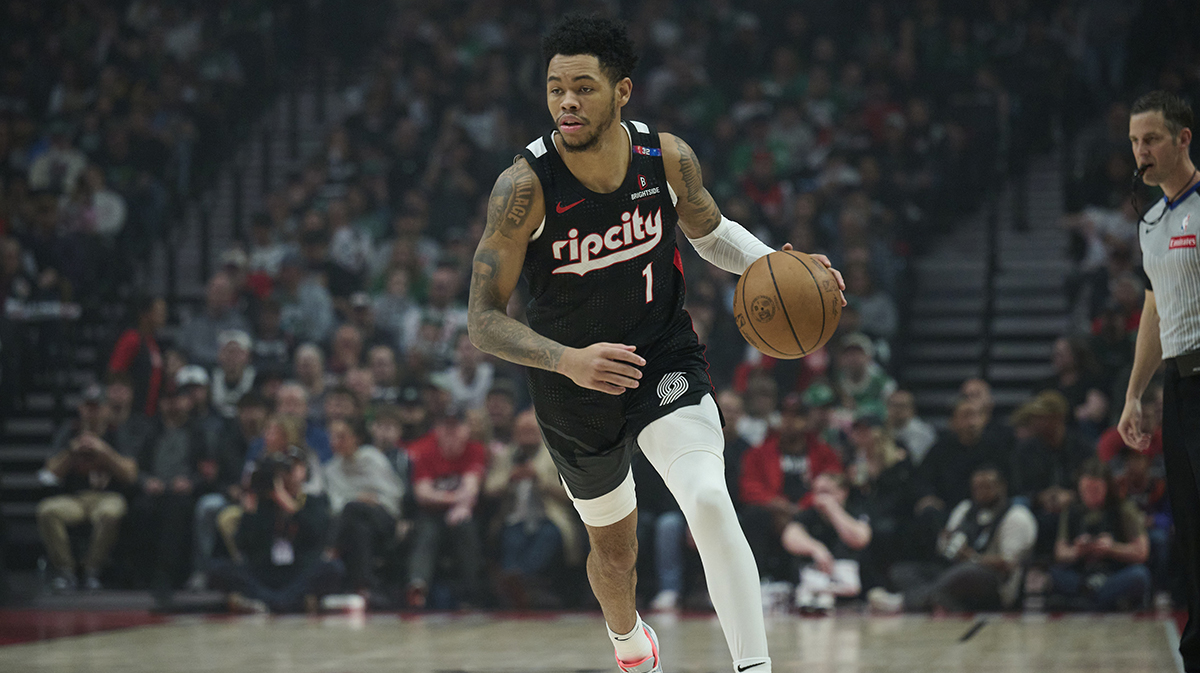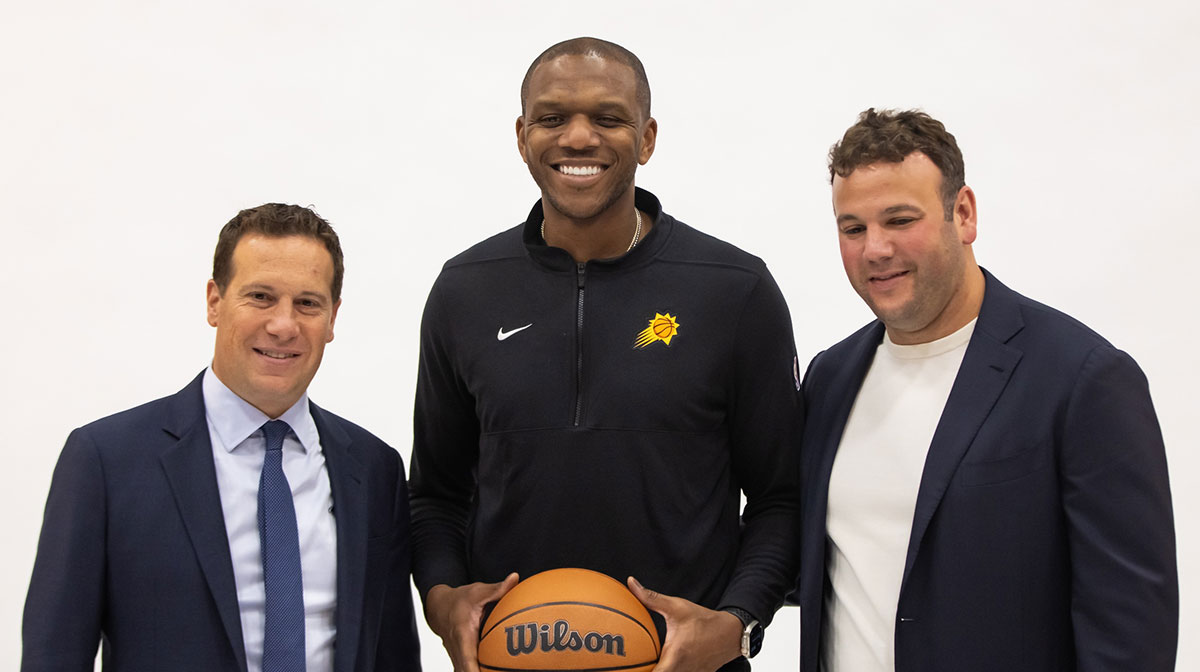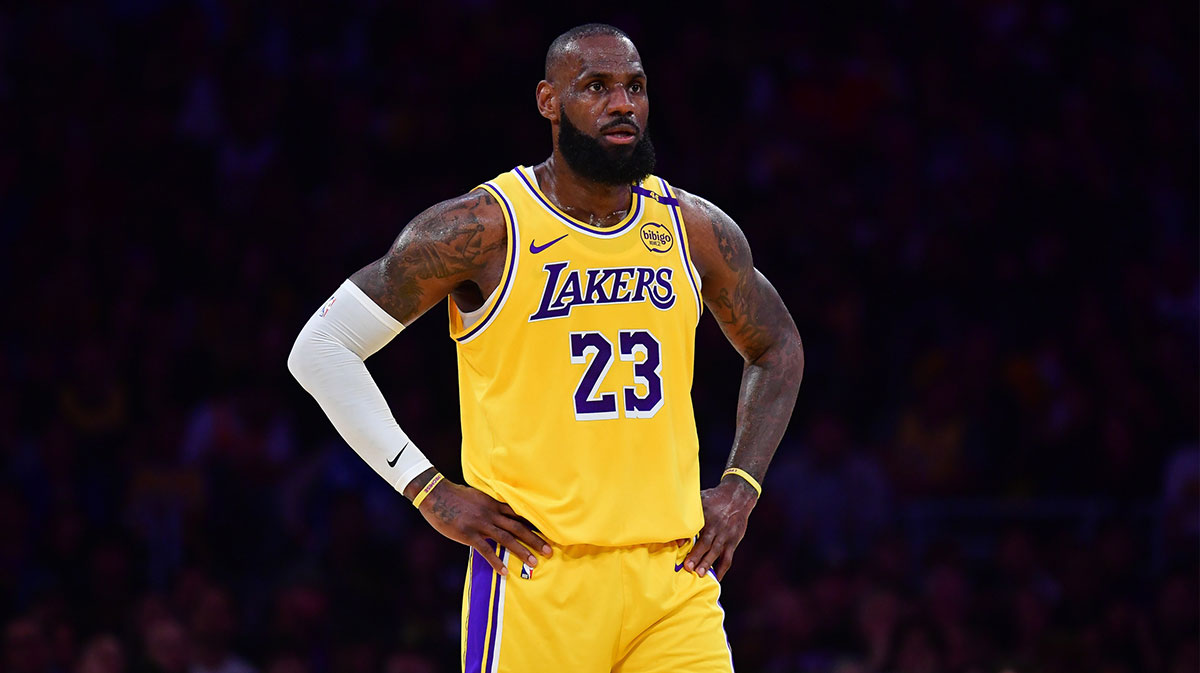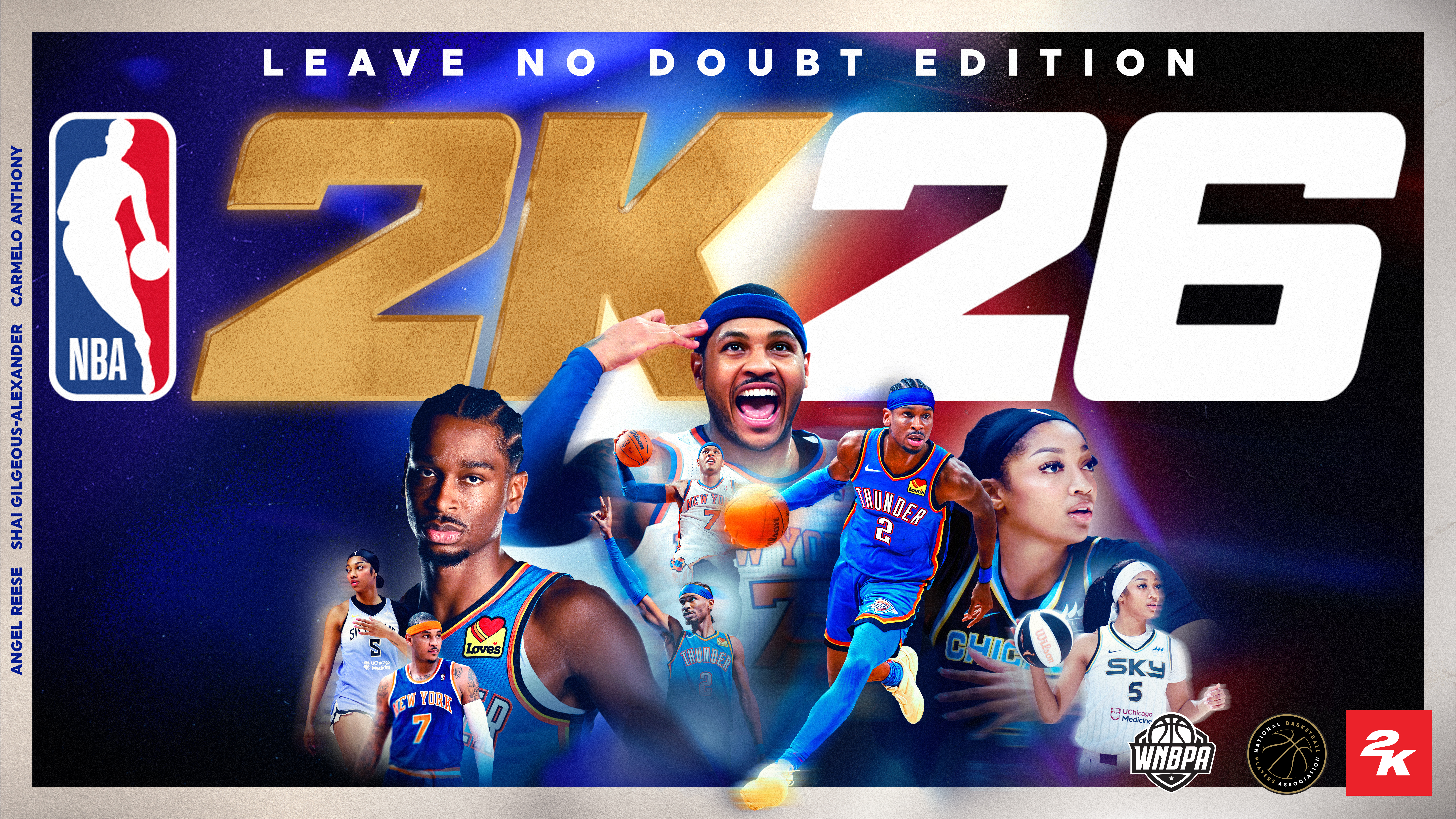Great one-man teams are naturally hard to come by in the NBA. After all, it's a team sport, and the rosters with more quality players tend to dominate the league; most teams that only rely on one individual, meanwhile, tend to dwindle at the bottom of their respective conferences. Take a team like Karl-Anthony Towns' Minnesota Timberwolves who, before and after Jimmy Butler, solely had the Dominican-American as their lone truly great player. They have been languishing in the lottery spots of the Western Conference for quite some time already.
There would be, of course, exceptions to the rule. Allen Iverson made it all the way to the NBA Finals with his Philadelphia 76ers relying extremely heavily on his MVP productivity. LeBron James' entire first tenure with the Cleveland Cavaliers were similarly one-man shows, with the King dragging an otherwise mediocre squad to a Finals appearance.
In this piece, we take a look at the most recent reincarnations of the league's great one-man teams and rank them according to their team success in their respective time spans. Each team must at least have made the Playoffs in the same time span to get into the list.
With that out of the way, let's get into the greatest one-man teams of the past decade.
2016-17 Oklahoma City Thunder

The 2016-17 season saw Russell Westbrook's first season without Kevin Durant at his disposal. He was also given the task to lead a team to the Playoffs as the lone superstar in his team, a feat that he accomplished in brilliant fashion.
OKC wasn't completely helpless outside of Westbrook; they still had quality pieces like Steven Adams and Enes Kanter, as well as future All-Stars Domantas Sabonis and Victor Oladipo. However, none of these players were even close to their peaks back then.
Not only did The Brodie successfully lead this team to the NBA Playoffs as the 6th seed, but he also did so while averaging a triple-double for the entire season, a feat that is taken for granted now but was monumental then; Russ' 31, 10, and 10 is the first triple-double season since Oscar Robertson's in the '60s. The former also broke the latter's single-season triple-double record with 42.
Westbrook also had his fair share of iconic moments in his single-season rampage; his game-winning three against the Denver Nuggets in a 50-point triple-double performance is just one example.
Russ' solo flight with the Thunder came to an abrupt end in the first round of the Playoffs, getting bounced by James Harden's Houston Rockets in 5 games.
2016-17 Houston Rockets
James Harden, like Russell Westbrook, was tasked to lead a rather unspectacular squad to the Playoffs. While Westbrook was controversially awarded the NBA MVP of that season, Harden undoubtedly had more team success.
With only then-Sixth Man of the Year Eric Gordon, promising big man Clint Capela, and a bunch of spot-up shooters on his side, Harden dominated offensively to lead the Rockets to the 3rd seed in a tough Western Conference.
The Beard put up monstrous stats of 29.1 points, 8.1 rebounds, and a league-leading 11.1 assists a game, a stat line worthy of a strong MVP case for pretty much any season; fans still argue to this day that he was robbed of the award in that season.
However controversial the MVP verdict may have been, Harden did lead the Houston Rockets to a much better record than the Oklahoma City Thunder. The Beard and company would go on to solidify their supremacy over OKC in the Playoffs, wherein they brushed past the Thunder in just 5 games. The Rockets' run would come to an end at the hands of Kawhi Leonard's San Antonio Spurs in 6 games.
2017-2018 Cleveland Cavaliers

In a strange turn of events, LeBron's last season with the Cleveland Cavaliers was rather similar to his first tenure with the team; it was just himself and some key role players and an above-average big man on his flanks.
The Cavaliers looked to be a formidable unit at the start of the season, acquiring the likes of former All-Stars Isaiah Thomas, Derrick Rose, and Dwyane Wade, as well as quality role player Jae Crowder. These pieces, along with the Cavs' formidable core of James, Kevin Love, Tristan Thompson, and J.R. Smith, formed the stacked-looking roster.
However, the team's underperformance sparked a mid-season mix-up that saw all of their new pieces getting moved. The team's core was then flanked by the likes of Jordan Clarkson, George Hill, Rodney Hood, and Larry Nance to form a mishmash of a roster.
Despite all the roster changes, the Cavs still managed to reach the NBA Finals for the third straight season, at the back of a heroic LeBron James postseason performance. The King was undoubtedly the best player of those Playoffs, putting up averages of 34 points, 9.1 rebounds, and 9.0 assists in 22 games. He produced a handful of iconic moments, including two game-winning buzzer-beaters against the Indiana Pacers and the Toronto Raptors en route to a Finals rematch with the Golden State Warriors.
Unfortunately, the Cavs' most iconic moment that year would be J.R. Smith's infamous blunder in Game 1 of the Finals, wherein James scored 51 points in a loss. The Cavs would ultimately get swept by the Warriors, bringing an unspectacular end to one of the greatest offensive postseason runs by a single player.
2018-19 Toronto Raptors
In the biggest deal of the 2018 offseason, the Toronto Raptors traded long-time servant DeMar DeRozan for a season-long rental of Kawhi Leonard. It was a move filled with controversy and mixed reactions. DeRozan, who has always expressed his loyalty to the franchise and has repeatedly stated his desire of retiring with the Raptors, expressed his severe disapproval.
“I definitely was extremely hurt. I'd be lying if I told you I wasn't.” – DeMar DeRozan on the trade that sent him to the San Antonio Spurs, via ESPN.
On the Raptors' side, however, things could not have gone much better. Leonard brought with him an unrivaled two-way ability and the Championship DNA of a former Finals MVP. The Klaw put up averages of 26.6 points, 7.3 rebounds, and 3.3 assists on the way to leading the Raptors to the 2nd seed in the East. However, it was in the Playoffs where he truly carried the team hard. He exploded with 30.5 points, 9.1 rebounds, and 3.9 assists in one of the most legendary Playoff runs in recent memory.
In the process, Leonard produced his fair share of iconic moments such as his series-clinching Game 7 buzzer-beater that sent the formidable Philadelphia 76ers home.
The Klaw would end up leading the Raptors to their first-ever Championship, ending the Golden State Warriors' dynasty in 6 games. He would win his second Finals MVP and the title of arguably the best Toronto Raptor in history, quite a feat to achieve in just 1 season in the North.
2010-11 Dallas Mavericks

Arguably one of the greatest NBA Championship runs in league history.
The 2010-11 NBA season was stacked with great teams: Kobe Bryant's Los Angeles Lakers were fresh off of a Championship run, the San Antonio Spurs were deep into their decade-long dominance of the West, LeBron James had just formed his infamous Big Three with the Miami Heat, and the Chicago Bulls were reemerging as favorites led by a prime MVP Derrick Rose. However, it was the Dallas Mavericks who ultimately came out on top, led by the brilliant Dirk Nowitzki who looked to redeem his team from their 2006 NBA Finals loss.
The Mavs were filled with grizzled veterans, with 37-year old Jason Kidd, 33-year old Jason Terry, and 32-year old Shawn Marion being mainstays on their rotation, among others. Nowitzki, who was 32 years old himself at the time, led his team to an impressive 57 wins, good for the 3rd seed in the Western Conference.
It was thereafter that the Mavericks delivered arguably the greatest underdog postseason runs in league history: they defeated the Los Angeles Lakers in the WCS to prevent Kobe Bryant's three-peat, beat the high-flying OKC Thunder in the Conference Finals, and ultimately embarrassed LeBron's Miami Heat in the Finals to secure Dallas' first-ever NBA title in franchise history. Nowitzki averaged almost 28 points to go along with 8.1. rebounds all postseason.
Granted, the likes of Jason Terry and J.J. Barea gave spirited performances that were instrumental to the run, but it was the big German who was the clear inspiration and centerpiece of the team. Dirk's greatness and loyalty to the Mavericks franchise finally paid off, and it couldn't have formed a much better story.

